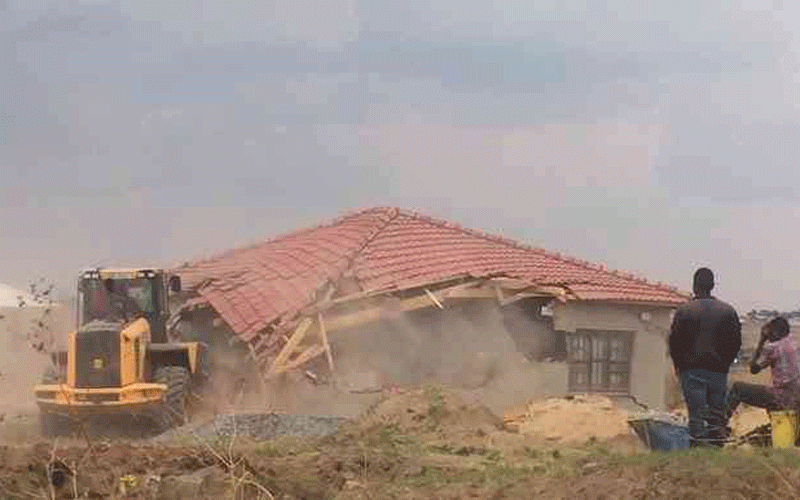
By Grant Moyo
Art director and props master Isaac Simba, aka AK Simba (pictured), has implored film makers in Africa to give enough time to research and preparation in order to make great films that have an impact globally.
The seasoned film-maker, who facilitated a master class in the art department — incorporating frames, props and storytelling — in Bulawayo and Harare during the European Union Film Festival 2019 edition, considers the whole concept and process of film making as universal.
He identifies “approach and depth in the storyline” as the key components that make an outstanding production.
AK Simba has been part of internationally-acclaimed productions that include Last King of Scotland, Journey to Jamaa, Queen of Katwe and Sara’s Notebook, to mention but a few. He started off as a runner in various departments like camera, lights, catering, and costume. The talented film maker ultimately found himself in the art department, where he has grown to be a sought-after art director and props master. The Uganda-born film maker, who is based in Belgium, is also a consultant for the EU Film Festival. It is in this capacity that he explores film-making in Africa.
After his official visit to Zimbabwe, the well-travelled film maker believes there is a film fraternity that will eventually grow into a film industry in Africa as a whole. He notes that first it may become a business where people can live off it and thereafter it will shape itself into an industry. AK Simba acknowledges that it will take time, but with the right attitude and mindset in consideration it will all fall into place.
“What we Africans need to do, is to go back to the drawing board. We need to change our mindset towards cinema, we need to start supporting our own people and by so saying start buying our films. These stories are our own stories,” AK Simba said.
“We should tell our stories like Africans and not the rest of the world. There is a uniqueness that the African continent and its people offer to cinematography.
- Chamisa under fire over US$120K donation
- Mavhunga puts DeMbare into Chibuku quarterfinals
- Pension funds bet on Cabora Bassa oilfields
- Councils defy govt fire tender directive
Keep Reading
“And to turn film making into a lucrative business is going to require the right attitude and mindset. We need to research, prepare thoroughly, write constantly and be open to criticism.”
AK Simba asserts that Africans have been utilising storytelling as a medium of communication, entertainment and sensitisation for quite some time.
He insists that story-telling was basically our Wikipedia back in the days. The film-maker points out that Africans are using this format greater than before in the modern day since dissemination of information has the capacity to reach larger audiences globally. He agrees that there is still lots of work to be done in order to tell quality stories, but that this has to be implemented carefully taking one step at a time.
“It all starts with us, we are our own captors, we are our own slaves and, therefore, we should be our own liberators,” he said.
“We have the biggest population of young people in the world. So, I feel we are living in exclusion and not learning enough from one another. A Zimbabwean is a brother to a Ugandan.
“We are simply the same people pursuing the same dream which is living on the continent that our children and the next generation can be proud of.
“However, for success in film making to be attained in the African continent, it will require a lot of discipline and this means emancipating ourselves from mental slavery.”
Reflecting on his experience in Zimbabwe during the EU Film Festival last year, AK Simba regards the time he spent in Bulawayo and in Harare as precious.
“The idea of the film workshops was purposely for value addition. The festival management felt that just the showcasing of European culture in Zimbabwe wasn’t enough. Therefore they created an extra platform that would necessitate exchange of skills and ideas. This was achieved through the introduction of the master classes,” he said.
“To add to that, other extra programmes such as the input sessions from Zimbabwean film industry stakeholders, and motivational lectures at various universities provided a space where film practitioners mixed, mingled and profusely engaged.”
In regard to his department of speciality in film production, AK Simba encourages African film-makers to recognise the role played by the art department in creating extra settings to fill in the world with substantial elements.
He brings emphasis on the need to pay more attention to detail as this will lead to the success of African films locally and globally.
“The art department is the most ignored department in film and yet it’s the maker and breaker of any production. It consists of several departments,” he said.
“It’s headed by a production designer who has an art director foreseeing the entire department. So, together with the set designer, props master, construction manager and set dresser, they work together to ensure that the vision of the film from the production designer is achieved. It is basically the ‘HE-ART’ of any film production. Without the art department, it’s like eating sadza without any sauce.”
AK Simba’s passion for film is highly recommended and relevant. This comes at a time when the world has shifted its attention to Africa in search of new content. It is of paramount importance for the film fraternity to embrace the opportunity to tell original and unique African stories through the lenses.











